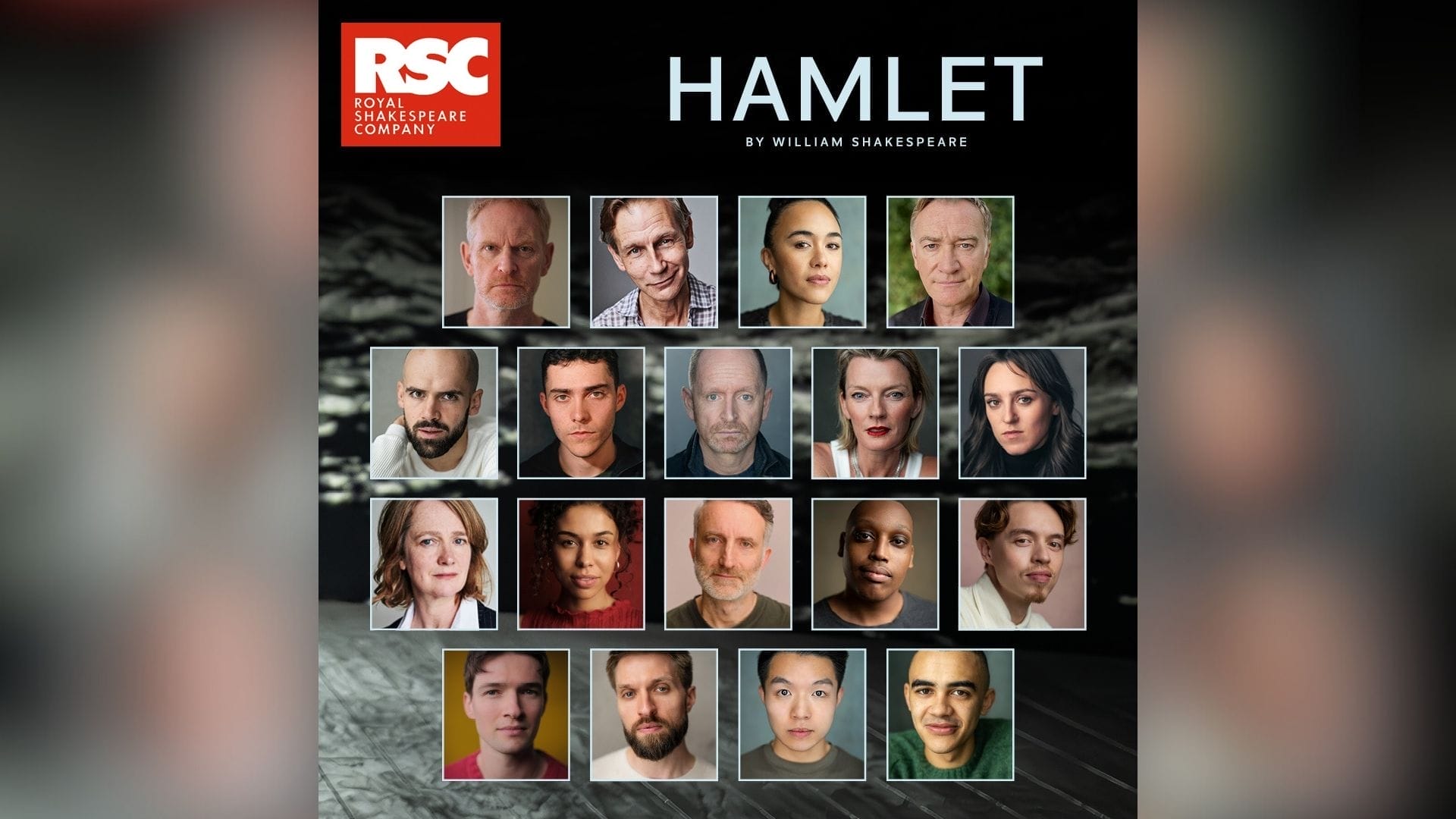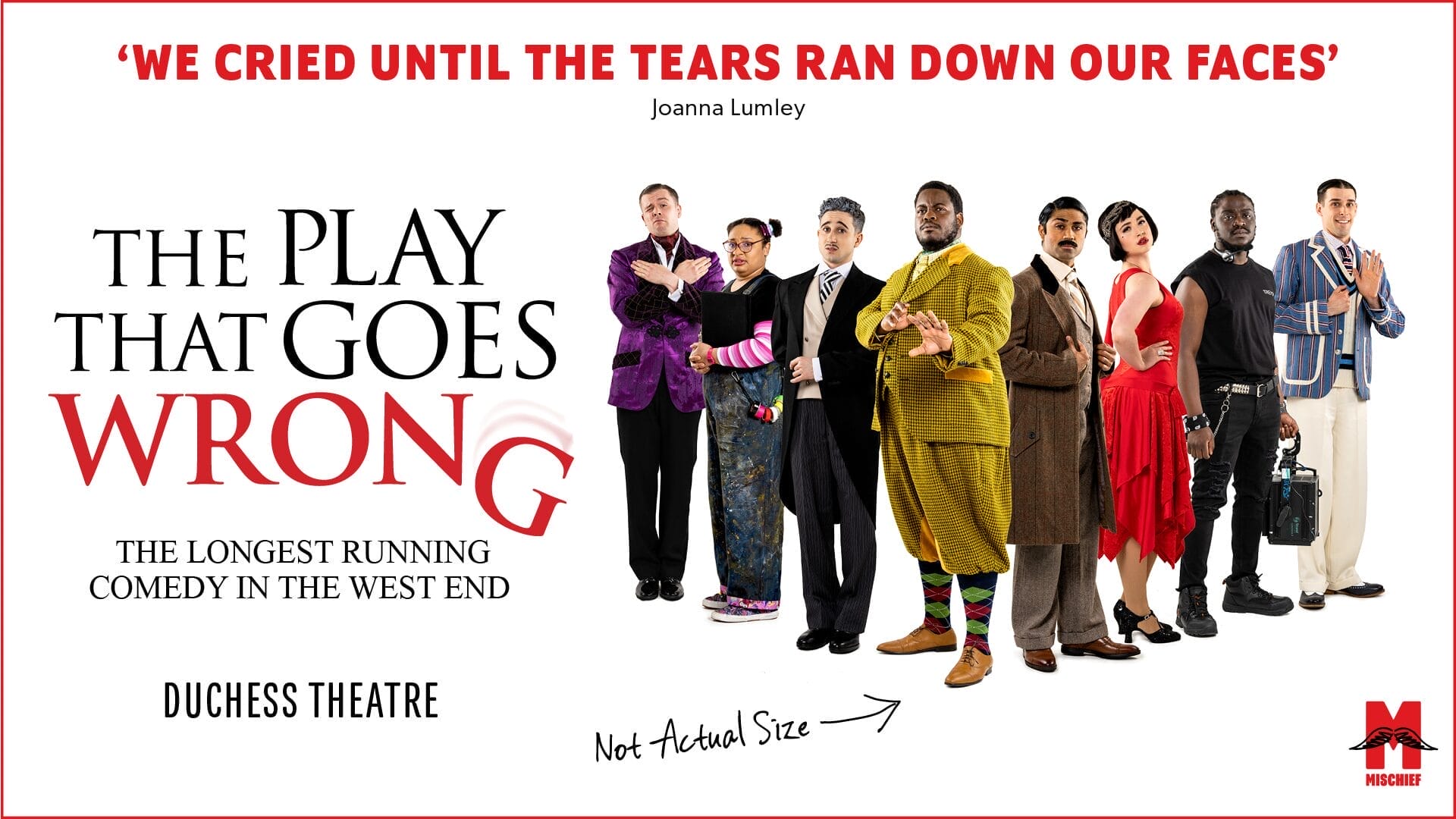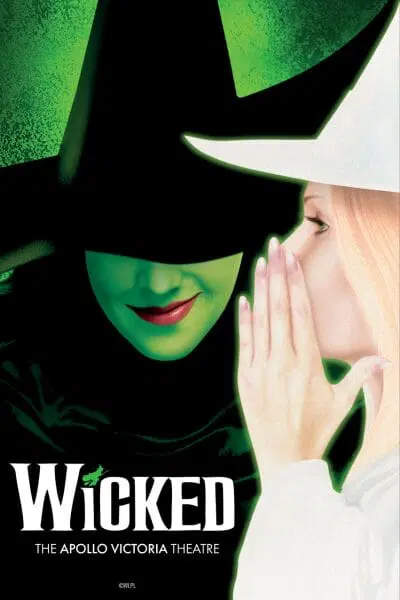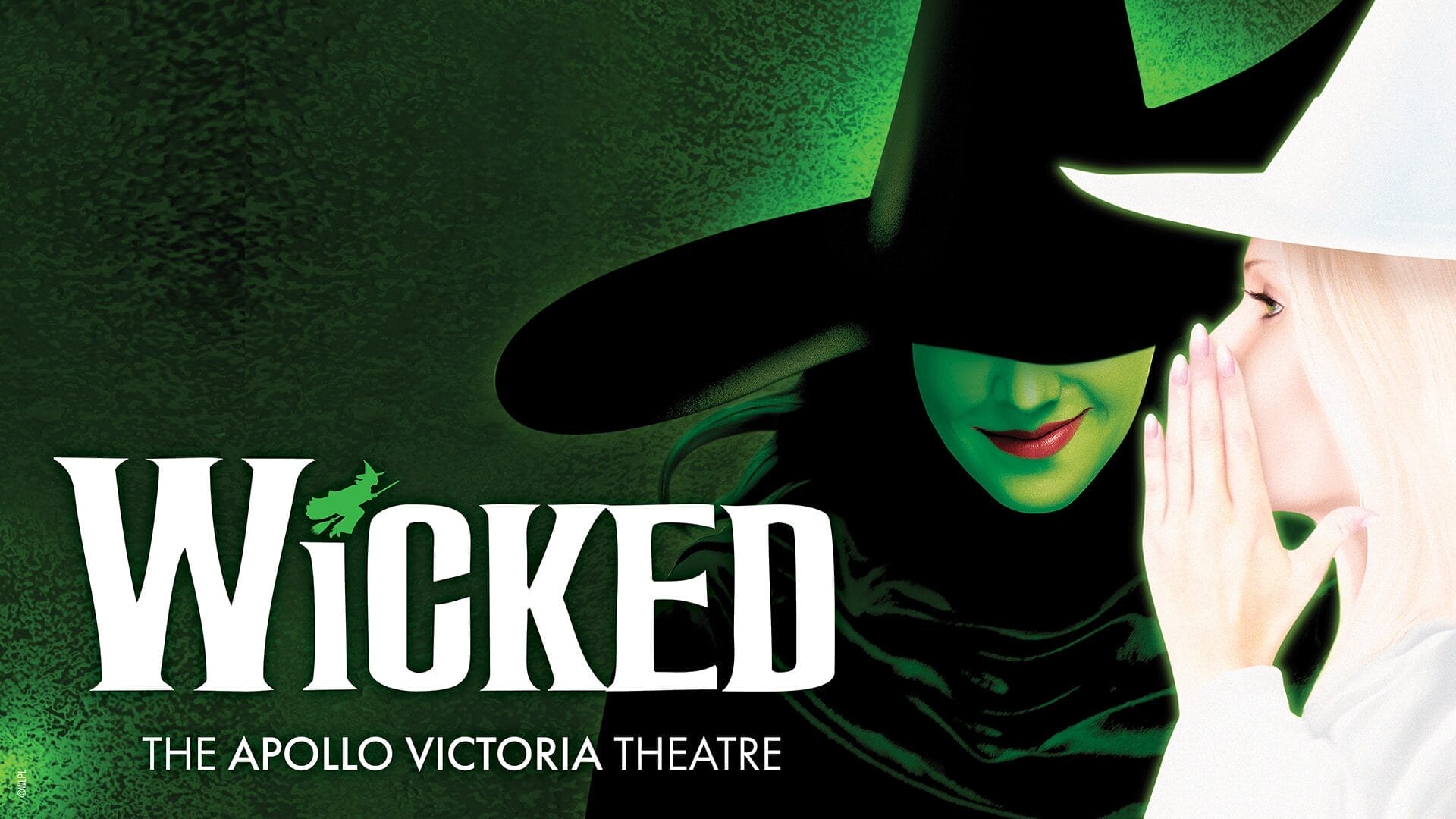 Kyoto, the political thriller from the Royal Shakespeare Company and Good Chance Theatre, has made its way to London’s @sohoplace after a critically acclaimed run at the Swan Theatre in Stratford-upon-Avon. This electrifying play, penned by Joe Murphy and Joe Robertson, transports audiences back to 1997 and the Kyoto Conference Centre in Japan, where the fate of the world rested on a group of diplomats trying to agree on the Kyoto Protocol.
Kyoto, the political thriller from the Royal Shakespeare Company and Good Chance Theatre, has made its way to London’s @sohoplace after a critically acclaimed run at the Swan Theatre in Stratford-upon-Avon. This electrifying play, penned by Joe Murphy and Joe Robertson, transports audiences back to 1997 and the Kyoto Conference Centre in Japan, where the fate of the world rested on a group of diplomats trying to agree on the Kyoto Protocol.
What everyone is trying to agree on is a global treaty to reduce greenhouse gas emissions, seen as the leading cause of the hole in the O-Zone layer and the precursor to impending climate catastrophe. This was COP3 – the thirtieth iteration will take place later this year – and trying to get everyone to agree on the precise wording was no mean feat.
It’s a weighty subject, but we’re guided through it all by a narrator; Don Pearlman, an American lawyer and oil lobbyist paid to sabotage proceedings. Portrayed with skill by Stephen Kunken, whose performance is nothing short of captivating, walking a tightrope between charm and villainy.
Miriam Buether’s staging works well in @sohoplace, not least because it’s a theatre excellently designed for performances in the round. At the centre of this is the large conference table at which the delegates are sat, but there’s places at the table for the audience too, bringing them right into the action. Those of us not lucky enough to be at the heart of it all are still included, the rest of the audience proudly wearing our COP3 lanyards; already we’re invested.
This clever design choices, and subsequent dissolving of the fourth wall certainly amplifies the tension and urgency of the unfolding drama.
Now, those of us who have attended any kind of conference can probably attest they’re largely boring affairs, so a theatrical production that has an audience watching other people at a conference doesn’t immediately sound like a gripping evening, yet directors Stephen Daldry and Justin Martin give us something truly electrifying.
Their deft touch is evident in the seamless transitions between scenes and the masterful use of multimedia elements, including Akhila Krishnan’s video design, which enhances rather than distracts from the performances.
Kyoto clearly has an important message to impart, but it does so in a way that doesn’t feel heavy-handed. The action starts a decade earlier, when the world was just waking up to the possibility of a climate crisis and the first act is the lead up to Kyoto. Only in the second act do we see the frenzied disagreements and political battle lines drawn in a way that feels so familiar in 2025. The result is a piece of theatre that is both intellectually stimulating and timely.
There’s a strong ensemble cast too, Jenna Augen is enthralls as Shirley, Don’s largely abandoned wife and conscience. Jorge Bosch finds every nuance in conference chair Estrada while Kwong Loke fascinatingly portrays China at the beginning of their journey to global superpower.
UK audiences will recognise the portrayal of former Deputy Prime Minister, John Prescott (Ferdy Roberts), a big player at Kyoto who coined the phrase ‘diplomacy by exhaustion’. Perhaps the writers took this a little too literally because despite being a gripping play, much like the final plenary of COP3, the second act does take longer than it should to reach its conclusion.
In 2025, as parts of the planet are literally burning, Kyoto stands as a vital piece of theatre. It educates and entertains but also throws light on the diplomatic dance that too often stalls or prevents genuine action.

















